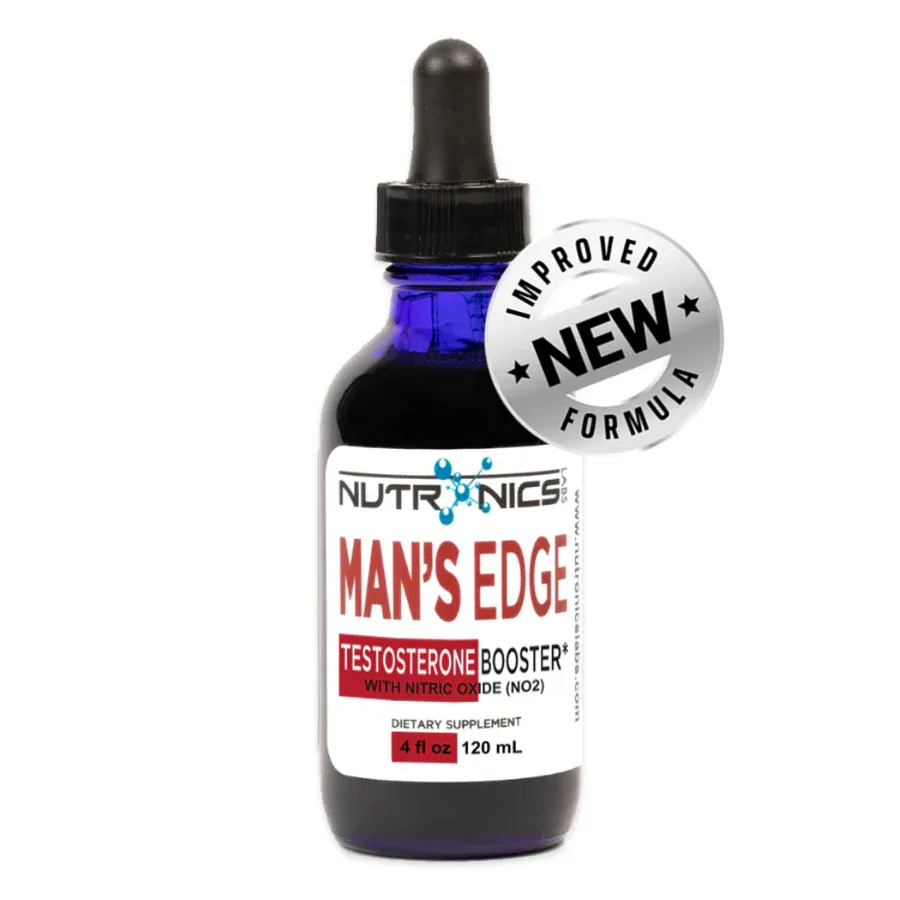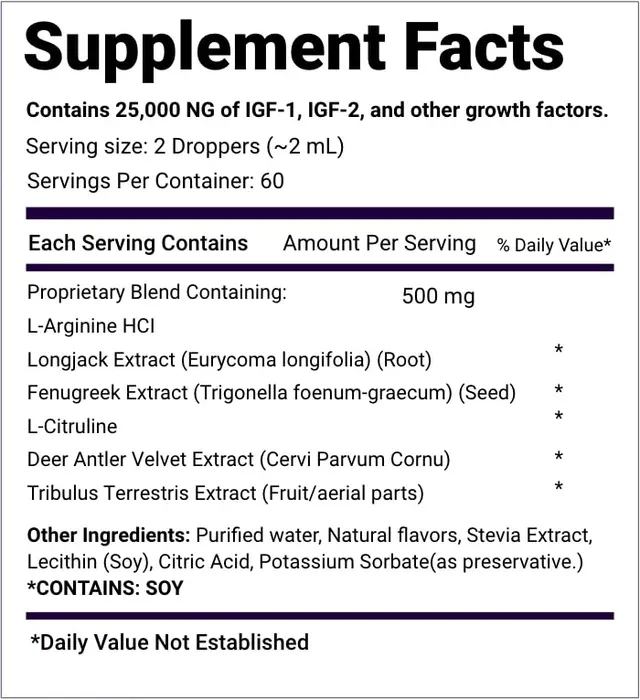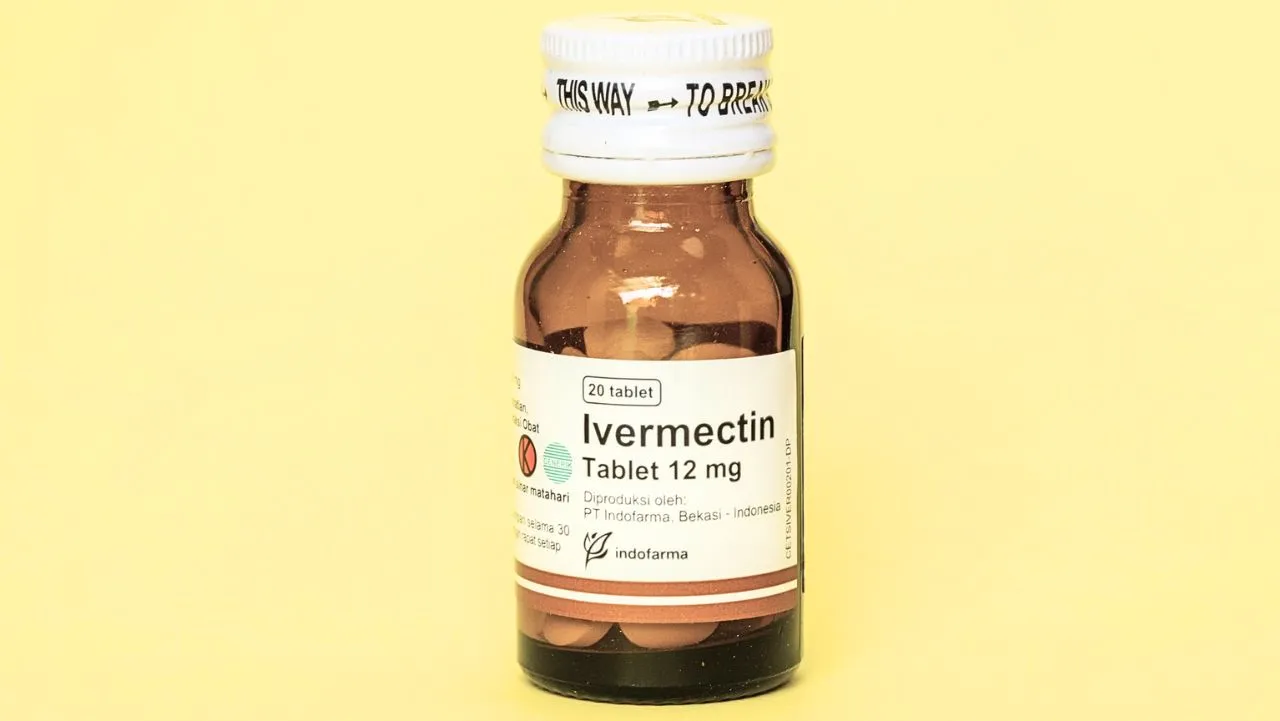SHOCKING TRUTH: Men today have HALF the testosterone levels of their grandfathers.
So, what's silently killing your manhood?
Testosterone levels in modern men have plummeted by over 50% since the 1950s—a devastating hormonal collapse that's accelerating at an alarming rate. Even today.
While the medical establishment considers anything above 300 ng/dL "normal," the truth is that optimal male performance begins at levels closer to 900 ng/dL. That massive gap could explain why you're feeling less like yourself every day.
With testosterone deficiency now affecting up to 40% of adult males—including an astonishing 1 in 5 young men aged 15-39—this silent epidemic is sabotaging everything from your physical strength to your mental focus and sexual performance.
Even more disturbing?
A recent study revealed that almost 25% of men suffering from testosterone deficiency endure their symptoms in silence for five agonizing years before seeking help—allowing potentially irreversible damage to accumulate while increasing their risk of diabetes, obesity, sexual dysfunction, and crushing depression.
We're going to reveal exactly how to reclaim your natural testosterone levels and restore peak masculine vitality—but first, you need to know which everyday foods are actively destroying your hormonal health right now.
What you'll discover below might shock you…
1. Licorice Root
That innocent-looking licorice candy might be doing more than satisfying your sweet tooth.
Research has uncovered licorice root as one of food's most potent testosterone suppressors.
A groundbreaking study published in the New England Journal of Medicine found that healthy men who consumed licorice root experienced a dramatic 26% reduction in testosterone levels after just one week.
Another study found similar results, with men consuming between 5-7 grams of Licorice daily (which contained 500 mg of glycyrrhizic acid) that resulted in testosterone reductions.
Interestingly, levels returned to normal after stopping the course.
This effect occurs because licorice contains a compound called glycyrrhizin, which blocks specific enzymes crucial for testosterone production. This also occurs in women due to licorice’s ability to block 17-HSD and 17–20 lyase.
"Licorice may be linked to lower testosterone levels through multiple pathways," explains endocrinologist Dr. Nicole Azzaro.
“It may also raise blood pressure and interact with many medications, so eat it with caution and check with your doctor before including it in your diet if you are focused on lowering your testosterone."
Unfortunately, many men don't realize licorice appears in more than just candy – licorice extract is found in many herbal teas, some root beers, certain throat lozenges, and even some smoking cessation products.
While occasional consumption is unlikely to cause lasting harm, regular intake—even in small amounts—could significantly impact hormonal health.
2. Alcohol
That "harmless" after-work beer or weekend cocktail isn't just hitting your liver—it's DESTROYING your testosterone at the cellular level.
Multiple studies have confirmed alcohol as a powerful testosterone killer, with hormonal damage that persists long after your hangover fades. Research published in Current Drug Abuse Review (2018) revealed the shocking truth: alcohol directly attacks the Leydig cells in your testes—the very factories responsible for producing your masculine hormone.
Even so-called "moderate" drinking (just two drinks daily) significantly tanks testosterone compared to non-drinkers. And if you're hitting it harder on weekends? Your hormonal production remains suppressed for days afterward.
"Alcohol devastates testosterone through multiple mechanisms," warns Dr. Houman, director of men's health at Boston Medical Center. "Beyond directly crippling testicular function, it spikes cortisol, wrecks quality sleep, and packs on belly fat—creating a perfect storm for hormonal collapse."
The science reveals a brutal dose-dependent relationship: the more you drink, the more your testosterone plummets.
But here's what should really scare you—even casual weekend drinking creates a vicious cycle of hormonal suppression that becomes increasingly difficult to break.
While eliminating alcohol can stop the damage, men who've spent years exposing themselves to testosterone-killers often need additional support.
That's why many health-conscious men are turning to science-backed supplements like Man's Edge from Nutronics Labs—the only formula combining patented IGF-1 growth factors with powerful testosterone-supporting compounds like Tongkat Ali, which specifically reduces SHBG (the protein that keeps your testosterone locked up and unusable).
Giving up alcohol might be the first step, but rebuilding your testosterone to optimal levels typically requires a more comprehensive approach—especially after years of exposure to hidden testosterone-killers hiding in your everyday choices...
3. Mint (Spearmint and Peppermint)
That refreshing mint gum or soothing peppermint tea might sabotage your testosterone levels without your knowledge.
And since it’s included in everything from mint teas and toothpaste to chewing gums and countless other personal care products, this is well worth thinking about.
Often promoted for digestive health and fresh breath, mint and spearmint varieties contain compounds with surprising hormonal effects.
A 30-day clinical study published in Phytotherapy Research found that women drinking spearmint tea daily experienced significant testosterone reduction.
Similar findings have emerged consistently across multiple animal and human studies, where both spearmint and peppermint demonstrated anti-androgenic properties, suggesting a real biological mechanism rather than a statistical anomaly."
4. Trans Fats
Although partially banned in many countries, trans fats still lurk in numerous processed foods, especially in the Western world—and they may be decimating your testosterone levels with every bite.
These industrial fats, created through hydrogenation processes, have been linked to hormonal disruption and well-established cardiovascular risks.
A landmark study published in the Asian Journal of Andrology examined the dietary patterns of over 200 men and found that those with the highest trans fat consumption had 15% lower testosterone levels and 4% smaller testicular volume than men who consumed the least.
These findings remained significant even after adjusting for other factors like age, BMI, and alcohol consumption.
Trans fats appear to interfere with the body's ability to synthesize and utilize testosterone.
They incorporate into cell membranes, disrupting normal function and hormone receptor activity. Even small amounts consumed regularly can accumulate in tissues over time.
Common sources include partially hydrogenated oils in baked goods, fried fast foods, some margarines, microwave popcorn, and many shelf-stable products.
While labeling requirements have improved, manufacturers can still claim "zero trans fats" if levels fall below 0.5 grams per serving—making vigilance essential.
5. Flaxseed
Flaxseeds are widely praised for their heart-healthy fats, fiber, and nutrient profile—but their impact on testosterone levels deserves careful consideration.
Research has identified flaxseeds as potential testosterone reducers due to their exceptionally high content of lignans, plant compounds that can bind to testosterone molecules and force their excretion from the body.
A 2001 study published in Urology examined 25 men with prostate cancer and found that flaxseed supplementation combined with reduced dietary fat significantly decreased testosterone levels.
The mechanism behind flaxseed's hormonal effects is particularly interesting. Not only do lignans act as phytoestrogens that can mimic estrogen's effects, but flaxseed's rich omega-3 fatty acid content may independently contribute to testosterone reduction.
This effect isn't limited to men.
Another notable case study documented testosterone decreases in a 31-year-old woman with polycystic ovary syndrome (a condition characterized by elevated male hormones) after daily flaxseed supplementation.
While occasional consumption in small amounts likely poses minimal risk for most men, the evidence suggests caution with daily habits like adding generous flaxseed portions to smoothies, oatmeal, or salads—or taking concentrated flaxseed oil supplements—which could potentially influence hormonal balance over time.
Common sources include ground flaxseeds, flaxseed oil supplements, many "health" breads and cereals, some protein bars, and increasingly in packaged foods marketed as plant-based or high in omega-3s.
Though more large-scale human studies are needed to fully understand flaxseed's hormonal effects across different populations, existing evidence warrants consideration for men concerned about maintaining optimal testosterone levels.
Supporting Optimal Testosterone Naturally
This is where things get tricky.
When we hear “testosterone,” the mind of many men will typically wander to scenes of the gym–bodybuilders working out on “T” or using anabolic steroids (essentially man made hormone or manufactured forms of testosterone) to quickly increase muscle and body mass, like an enhanced version of testosterone, for athletic performance and physical aesthetics.
This is dangerous within itself, but there’s an increasing number of people looking for natural, holistic ways to increase and maintain healthy levels of testosterone, regardless of their sex, gender, or lifestyle.
Of course, one way to do this is by eliminating or maintaining occasional use of these testosterone-depleting foods. However, many men may find that dietary changes alone aren't enough to restore optimal levels—especially after years of exposure to these and other environmental factors that suppress testosterone.
This is where the use of evidence-based, doctor-formulated supplements, like Man's Edge from Nutronics Labs, has gained attention in the medical community.
Developed by a team of endocrinologists and nutritional scientists, Man's Edge takes a comprehensive approach to supporting the body's natural testosterone production rather than providing artificial hormones.
Unique benefits and development factors include:
- A patented IGF-1 growth factor extracted from natural sources, including deer antler velvet, proven to increase muscle strength, burn fat, promote muscle growth, and reduce recovery time
- Includes Tongkat Ali (or Longjack), which reduces SHBG, naturally allowing your testosterone levels to surge, leading to reduced fatigue and generally improved well-being
- Contains Tribulus Terrestris, typically used by bodybuilders and pro athletes for encouraging improvements to moods, stamina, and libido
- Added Nitric Oxide (NO2) for improved blood and oxygen circulation to muscles and vital organs - ideal for enhancing athletic performance and recovery


Used by men around the world, including the likes of Mario Lopez and Frank Stalone, Man's Edge also contains several research-backed ingredients, most notably Fenugreek extract, which a 2017 study in the International Journal of Medical Sciences found increased testosterone levels by up to 46% in participants.
The formula also includes critical minerals like zinc and magnesium, which serve as cofactors in testosterone synthesis, and adaptogenic herbs that help manage stress-induced hormonal suppression.
Unlike many testosterone supplements that make unrealistic claims, Nutronics Labs focuses on supporting the body's inherent ability to produce testosterone optimally.
Many users report improvements in energy, focus, and vitality within weeks, though individual results vary based on age, lifestyle, and initial hormone status.
Taking Control of Your Hormonal Health
The testosterone decline affecting millions of men isn't just inevitable—it's often worsened by everyday choices hiding in plain sight. Eliminating these five testosterone-depleting foods is your first line of defense, but optimal hormonal health demands a comprehensive strategy.
Strength training, quality sleep, stress management, and maintaining healthy weight all powerfully boost testosterone production. For those experiencing persistent symptoms—fatigue, muscle loss, brain fog, or reduced libido—don't wait five years like so many men do.
Consult a healthcare provider for proper testing and personalized guidance.
Whether through strategic dietary changes, lifestyle optimization, or evidence-based supplementation, the actions you take today directly impact your hormonal health tomorrow.
Your testosterone levels affect more than just sexual function—they're fundamental to your energy, mental clarity, physical strength, and overall vitality for decades to come.
The choice is clear: continue consuming foods that sabotage your hormones, or make informed decisions that support your body's natural capabilities. Your future self will thank you.










